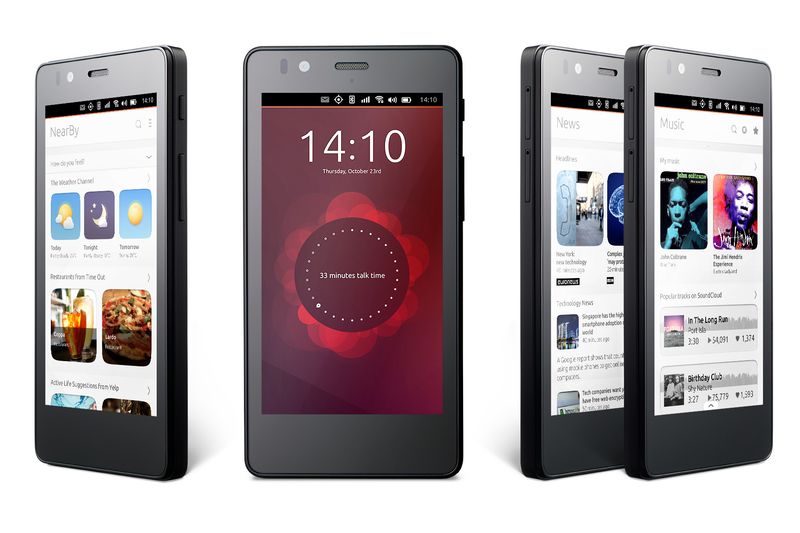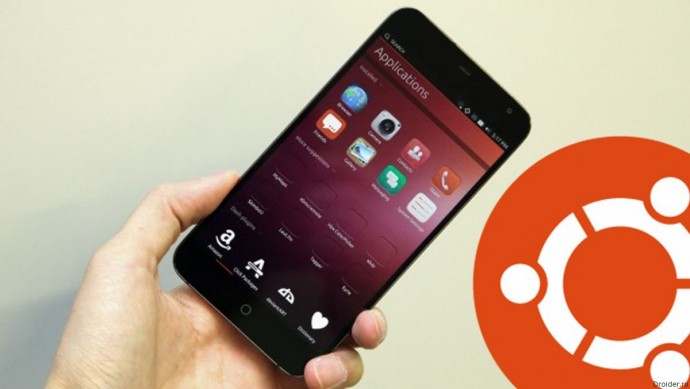Now Ubuntu Based Phones Attempt to Take on Android Devices

Android is the undoubted top dog of the smartphone operating system. Its closest adversary, the iOS lags behind in terms of market numbers. There is no third party challenger to its dominance either; major operating systems like Windows, Blackberry, Firefox, etc. are still struggling to create a space for themselves. In this situation, some companies are looking at Ubuntu as an alternative to the behemoth called Android.
Ubuntu is one of the most popular Linux-based operating systems in the world. It is a light operating system that is developed by UK-based Canonical Ltd. and is offered free of cost. Canonical had previously announced the smartphone version of Ubuntu back in 2013 and tried unsuccessfully to fund it through crowdfunding. The company later partnered with mobile makers BQ and Meizu and the operating system is now finally seeing the light of day.
At the MWC 2015, BQ and Meizu showcased their Ubuntu based devices. BQ had already unveiled its Ubuntu device earlier, and it is called the Aquaris E4.5 Ubuntu Edition. It comes with a 4.5-inch qHD display along with a 8MP camera and is powered by a 1.3 GHz quad-core MediaTek processor. This will be an affordable device and will be priced at $195 (Approx. Rs. 12,000).
Meizu’s phone, on the other hand, is based on its MX4 handset. It flaunts a 5.36-inch 1920 x 1152 display with a 20-megapixel camera and is powered by an eight-core MediaTek 6595 processor. This phone will have a better appeal in the market in comparison to the offering by BQ.
The Ubuntu OS is fairly new and would lack the apps that would attract the consumers. To make it easy for developers to easily create apps for the ecosystem, the OS offers categorized home screens called ‘Scopes.’ This scopes can be used to plug in content from apps like Instagram, Grooveshark, Soundcloud, etc. The company says that by using these specific Scopes, developers wouldn’t have to go through the lengthy process of coding apps to optimize them for Ubuntu.
Canonical also has long term plan for the ecosystem, and it intends to bring seamless interconnectivity between the various Ubuntu devices. But it is still unsure as to how this operating system would challenge the dominance of Android and attract consumers to a new user experience. We’ll only know for sure about he prospects of the Ubuntu OS when the devices finally come to the market.
























